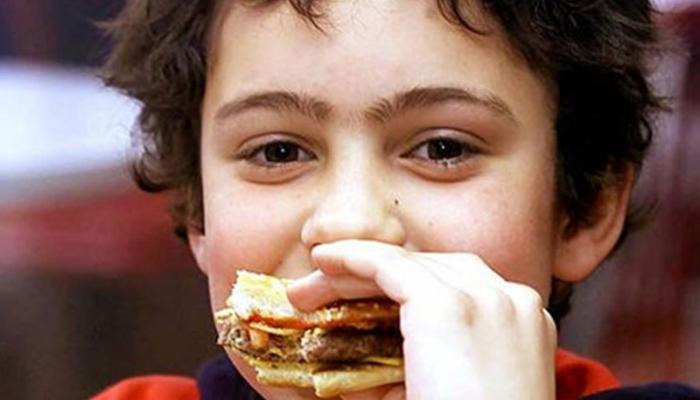The US economic war against Cuba has a direct impact on the island’s food imports destined for schools, nursing homes, hospitals, day-care centers, and the general public. It is a blockade with a direct effect on the nutrition and health of all Cubans.
Although Cuba is a big market for produce and foodstuffs from the United States, Washington continues to thwart any normal commercial relations between the two nations. All Cuban purchases of food fromm the US undergo strict regulations according to a complicated system of licenses. These govern both trips to Cuba by US business people and the signing of contracts, as well as shipment and payment for all transactions. Add to this Cuba having to pay in cash an in advance for all commodities withno credit lines are allowed, Further any ship bringing the products to Cuba frojm the US has to return empty.
Following the ravaging passage of hurricanes in years gone by, the US treasury department approved licenses for US agricultural entities to sell produce to the island, and in those years, the Cuban people received commodities described by the people themselves as of high quality. Those products included rice, frozen chicken, eggs, and powdered milk.
For the US business people Cuba clearly is an attractive market, but the complicated paperwork, licenses and regulations have made it impossible to get the initiative going. US entrepreneurs see their prospects in the Cuban market non-existent, while other Cuban partners increase their presence here.
Not only imports, but Cuban agriculture iself, whose development is crucial, has undergone severe damage due to the US economic, commercial and financial blockade.
Programs aimed at boosting food production in different regions of the country have felt the impact of the US anti-cuba measures. Such as the case of the Vladimir Ilich Lenin University, in Las Tunas province that has witnessed a set back in projects meant to increase the cultivation of rice, beans and corn, and to develop seedbeds.
The impossibility to get reagents and specialized equipment has limited the performance of biotechnology labs, necessary for the studies of crop cloning in the climate and soil conditions in Cuba.
According to Raquel Ruz, coordinator of the local program Agricultural Initiative, if the blockade did not exist, food programs at the Las Tunas University would triple their positive impact on the rural communities where programs are being implemented.
The US policy to asphyxiate Cuban economy has never let up. It reveals the obsession of successive US administrations to topple the Cuban revolution and with it the political, social and economic system chosen by the Cuban people in the genuine exercise of their right to free determination and to national sovereignty.


